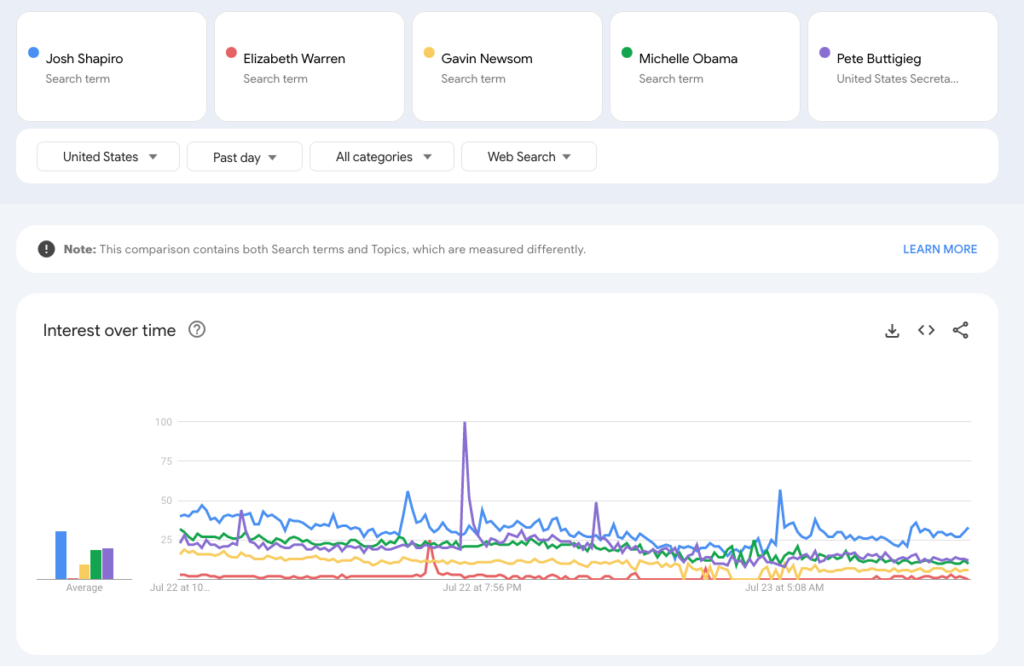Texas’ theory that the state is undergoing an illegal alien invasion, as per Article I, Section 10, Clause 3 of the Constitution of the United States of America, due to the Biden Administrations willfully ignoring border control laws, just got some validation from the Fifth Circuit Court of Appeals.
The U.S. Court of Appeals for the 5th Circuit permitted the State of Texas’ buoy barrier in the Rio Grande to remain in an en banc ruling Tuesday night, but an ancillary opinion from Judge James Ho endorses one of Gov. Greg Abbott’s main border contentions: that the state is being “invaded” by illegal immigrants.
Overall, the court’s ruling was more procedural than substantive on the case’s full scope — that the U.S. government’s argument that the 1,000-foot stretch of water constitutes a “navigable water” under federal law is “unlikely to succeed” on its merits.
But Ho’s part-concurrence, part-dissent opinion takes a different route, fully endorsing the State of Texas’ invocation of the much-debated “invasion clause.”
Article I, Section 10 of the U.S. Constitution reads: “No State shall, without the Consent of Congress, lay any Duty of Tonnage, keep Troops, or Ships of War in time of Peace, enter into any Agreement or Compact with another State, or with a foreign Power, or engage in War, unless actually invaded, or in such imminent Danger as will not admit of delay.”
After shrugging off, then toying with the suggestion that an invasion be declared to expand Texas’ border enforcement capabilities, Abbott gave it his full-throated backing in January.
“President Biden has instructed his agencies to ignore federal statutes that mandate the detention of illegal immigrants. The failure of the Biden Administration to fulfill the duties imposed by Article IV, § 4 has triggered Article I, § 10, Clause 3, which reserves to this State the right of self-defense,” he stated.
Dozens of counties in Texas had already invoked the invasion clause, currently at least 55.
It then became one of the central contentions in the state’s legal strategy related to border security and illegal immigration.
The case for such a declaration has been made slowly over the last couple of years, including by such center-right political figures as Ken Cuccinelli, a former deputy secretary of the Department of Homeland Security under President Donald Trump, and his new employer the Center for Renewing America.
Cuccinnelli touted the ruling, saying on social media, “This is a complete victory for the Center for Renewing America’s position that [the invasion clause] of the US Constitution provides states with a complete and unreviewable right to self-defense (called ‘non-justiciability’).”
In the 2022 gubernatorial race, former state Sen. Don Huffines and former Texas GOP chair Allen West both hit Abbott on the issue, who to that point had not endorsed the idea. Like Abbott, Attorney General Ken Paxton expressed skepticism of the concept in 2022 before becoming one of its biggest proponents.
Now, its proponents have written legal backing from the bench — implicit from the majority opinion and explicit from Ho’s.
“It is of course true that the invocation of Article I, § 10, clause 3 constitutes a non-justiciable political question; the parties agree on that, as does every member of our en banc court,” Judge Andrew Oldham wrote in his concurring opinion.
Right off the bat, the court is agreeing wholesale that it cannot determine what constitutes an invasion — throwing that jurisprudential ball back into the state’s and federal government’s court.
Legal barrier presented, meet legal barrier removed.
Then Ho goes much further, actually opining on the merits of Abbott’s invocation.
“A sovereign isn’t a sovereign if it can’t defend itself against invasion. … States did not forfeit this sovereign prerogative when they joined the Union,” Ho wrote.
“Indeed, the Constitution is even more explicit when it comes to the States. Presidents routinely insist that their power to repel invasion is implied by certain clauses. But Article I, section 10 is explicit that States have the right to ‘engage in War’ if ‘actually invaded,’ ‘without the Consent of Congress.’”
Ho cited multiple historical examples of states engaging in military action to repel foreign actors, including deploying state soldiers to the border in the 19th century to beat back bandits who’d crossed the southern border from Mexico.
An important distinction made there and applicable to today’s situation is that those bandits were not agents working on behalf of a foreign nation but were foreign individuals, just as illegal border crossers are today.
In Ho’s assessment, the distinction between a cartel actor and a run-of-the-mill immigrant matters not when evaluating the invasion clause’s application; it still counts as a state protecting itself from a foreign actor.
He also cited the U.S.’s pursuit of Mexican revolutionary Pancho Villa and airstrikes against Middle Eastern terrorist groups both before and after 9/11.
Few in 2020 would have thought that Democrats were so determined to open the border to an invasion of illegal aliens that federal courts would be referencing Pancho Villa’s raids in comparison, yet here we are.
“The use of military force in these contexts continues to be a matter of great controversy,” Ho continued.
“It was controversial before September 11, and it remains controversial after September 11. But that’s the point. These are political controversies, not judicial ones. Which private acts warrant military action are questions for the political branches, not the courts.”
Ho then wrote, “Supreme Court precedent and longstanding Executive Branch practice confirm that, when a President decides to use military force, that’s a nonjusticiable political question not susceptible to judicial reversal. I see no principled basis for treating such authority differently when it’s invoked by a Governor rather than by a President.”
“If anything, a State’s authority to ‘engage in War’ in response to invasion ‘without the Consent of Congress’ is even more textually explicit than the President’s.”
June border apprehensions by U.S. Border Patrol agents showed a 29 percent dip, but the monthly encounters are still in the six figures and approaching two million total for the Fiscal Year 2024. And that doesn’t include the number of “got-aways” that evaded state and federal police.
Ho continues, “To begin with, ‘there are no manageable standards to ascertain whether or when an influx of illegal immigrants should be said to constitute an invasion.’”
“It’s hard to imagine that anyone would conclude that a few border crossings would suffice to justify a military response. On the other hand, numerous officials have concluded that military action was warranted in response to bands of Mexican criminals in the 19th century and terrorist attacks in the 20th and 21st centuries. Determining where the present illegal immigration crisis falls along this spectrum is not a legal question for judges, but a political determination for the other branches of government.”
The founders crafted the constitution not just to balance the power of the three branches of government, but also to balance the power of the federal government with the states (which they intended to have more power than the federal government), and the power of individuals to oppose the state, and thus by distribution of power to different entities thwart tyranny. But I suspect even at their most cynical, the founders would never imagine that a political party would deliberately engineer the invasion of America by millions of foreigners merely for political gain…





